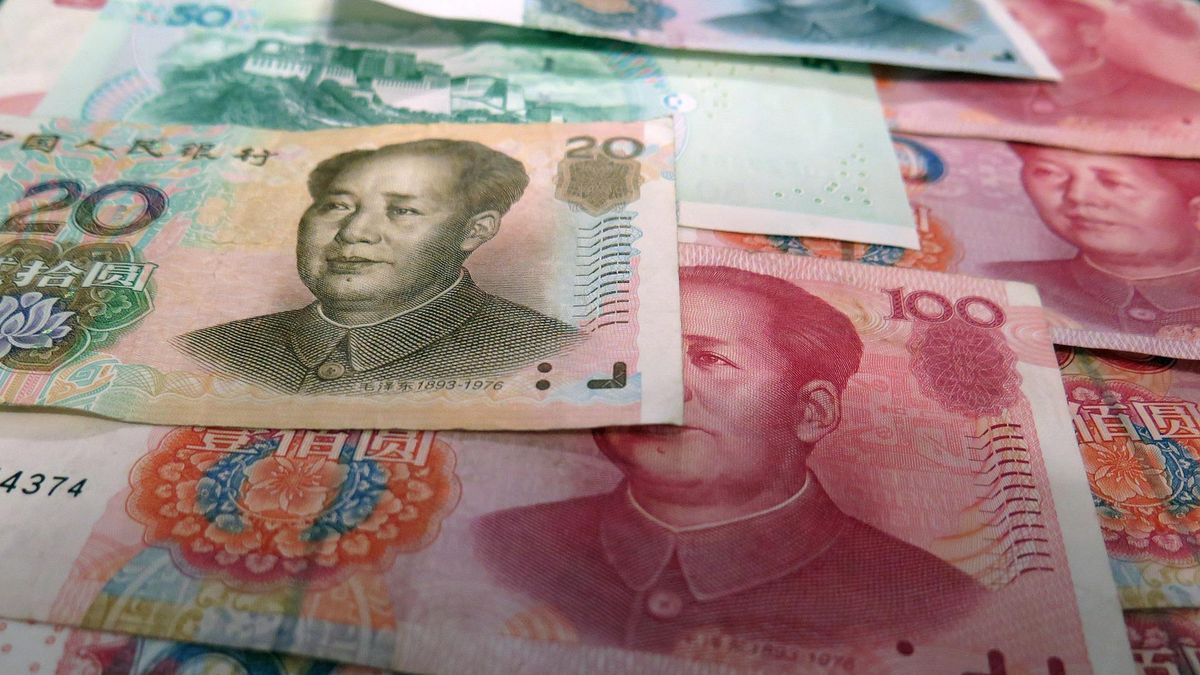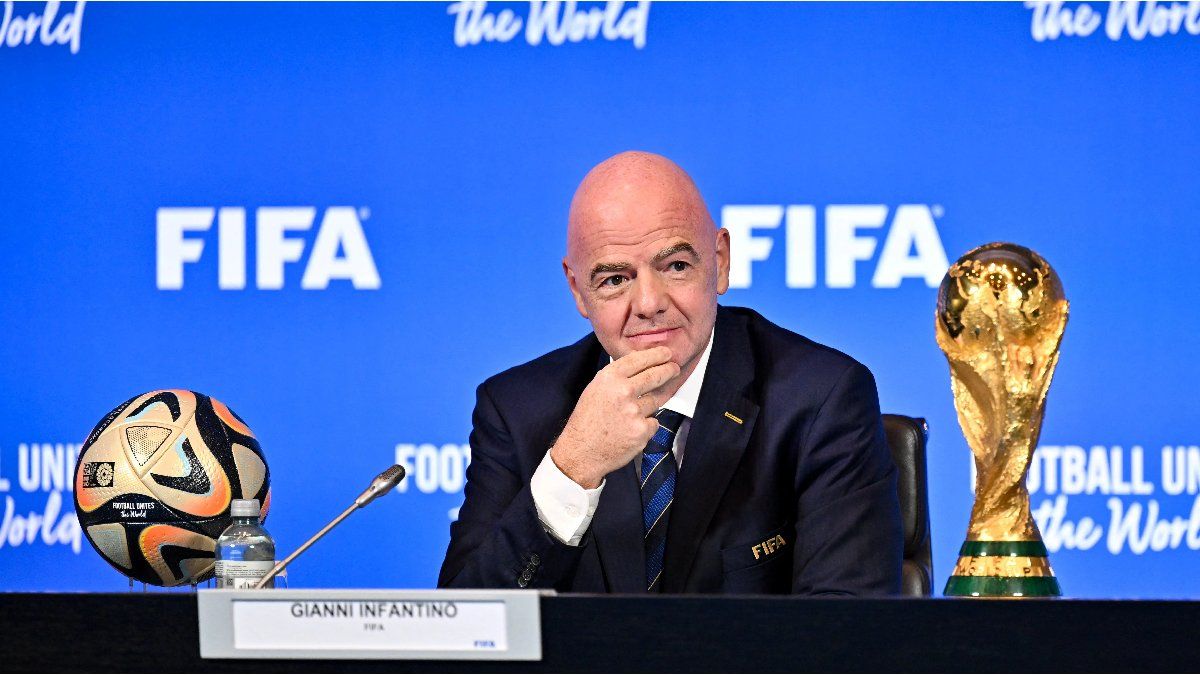The president of the BCRA and his Chinese counterpart agreed to promote operations in yuan and, to this end, the creation of a spot and futures market for yuan is proposed, just as it exists with the dollar.
He Central Bank of the Argentine Republic held meetings with financial entities based in Beijing, in which they discussed the need to develop spot operations and futures in RMB yuan in the Argentine capital market and, from the Government, they explained that “the activated tranche of the swap between Banco Central (BCRA) and the People’s Bank of China (BPC) can serve to provide liquidity to financial operations that are made in the currency of that country.
The content you want to access is exclusive to subscribers.
In this sense, the economist and director of the Analytica consultancy, Claudio Caprarulo, points out that “anything that helps deepen our capital market is a good move“and anticipates that, going forward, the initiative promoted by the Government can benefit importers if payments to China are made in their currency. However, he warns that this, “surely, will take time.”


And this is logical given that, as pointed out by the economist Jorge Neyro, the yuan spot trading They are already operational in Argentina, as are those for futures in that currency (that is why there is talk of deepening them and not creating them). “Every day there are operations in both instruments. The issue is that they handle very little volume,” he explains.
The yuan, an underdeveloped market
What happens is that, although these types of financial instruments in yuan already exist locally and are available to whoever needs them, the BCRA intends to promote their use and development, which, according to Gustavo Quintana, from PR Operadores de Cambio, will not be an easy task because he explains that “this currency does not have a general acceptance in the world” for the moment.
Thus, he warns that, and even, in some cases, the yuan is inconvertible against the dollar in many places. Therefore, he agrees with the other voices consulted that it will be difficult to develop a very important market in the short term. Because, of course, the movement of the yuan is not comparable to that of the dollar and the euro, which have another entity worldwide.
However, China is increasingly aware of its role in the world economy as a counterbalance to the United States and also of some of the weaknesses its currency has against the dollar. For this reason, the eastern giant seeks to strengthen the yuan against the dollar and recently announced that they will seek to strengthen the self-discipline management of dollar deposit companies and improve currency hedging services for companies, as well as reduce the cost of hedging for small and medium-sized companies. This is part of the comprehensive plan to strengthen the yuan as a commercial currency in the world, which will take time, but it is already a clear objective of that government.
In this sense, the economist from the University of Avellaneda Pablo Ferrari believes that Initiatives such as Argentina’s in this regard, to develop investment instruments tied to the yuan, can help it to stop being an exotic currency from another nation in the future. “The first step was to enable it, since April, for imports and exports. Now, a market with better access is going to be naturalized, which gives it a greater chance of gaining ground in practice, which helps to begin to install it culturally.”
Source: Ambito
I am a 24-year-old writer and journalist who has been working in the news industry for the past two years. I write primarily about market news, so if you’re looking for insights into what’s going on in the stock market or economic indicators, you’ve come to the right place. I also dabble in writing articles on lifestyle trends and pop culture news.




